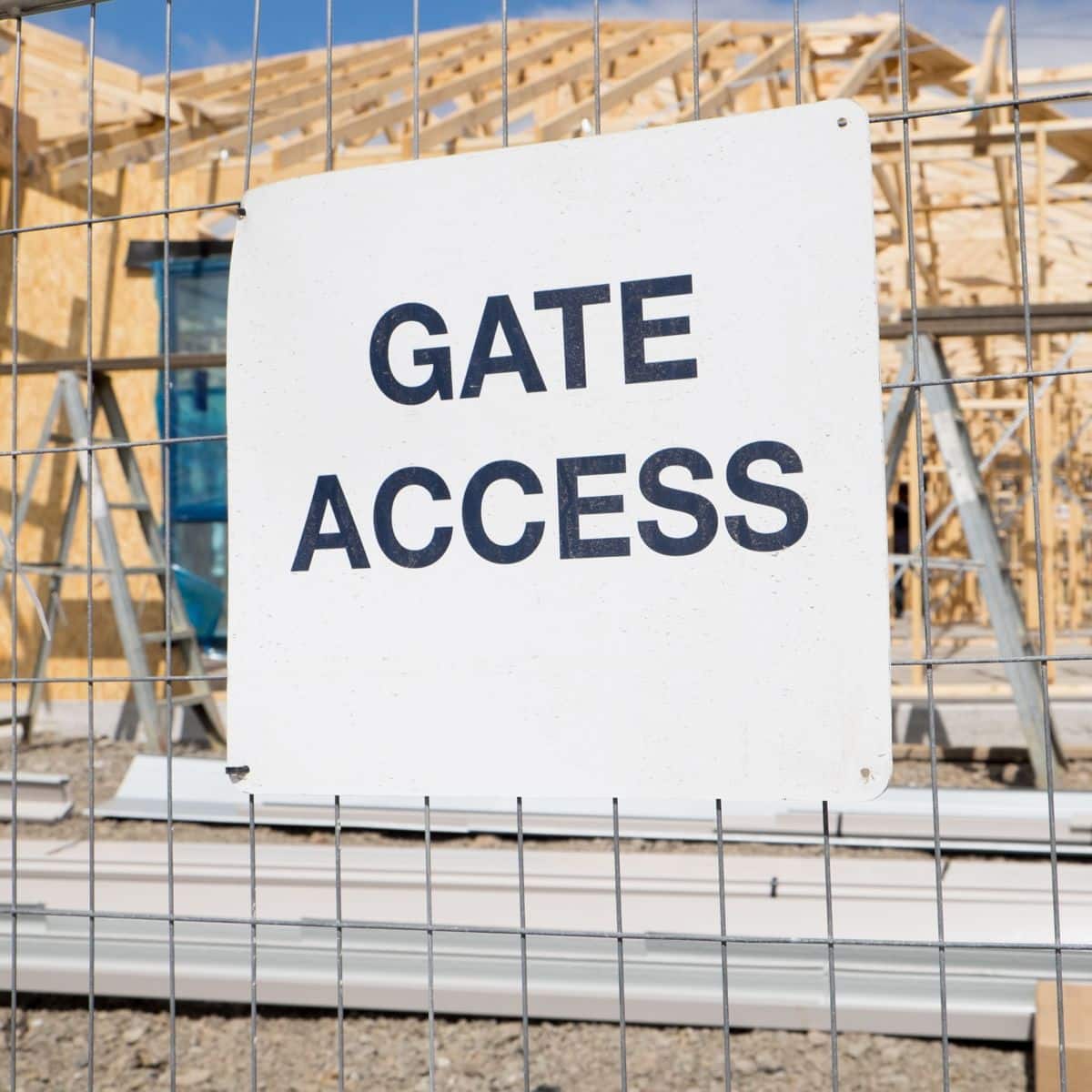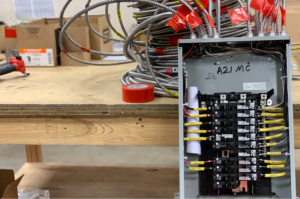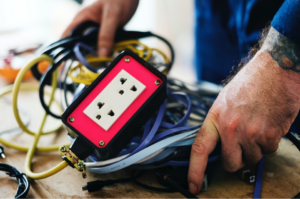Career pathway of an electrician

It’s a profession with a very long history, beginning with Benjamin Franklin’s electrical discoveries in the 1700s. Fast forward to the 21st century, and electricians keep our societies running – literally. With so much of our day-to-day lives relying upon electricity and electrical technology, we are at the mercy of those who possess the skills and the knowledge to keep them going. It also means that there are now more career opportunities than ever for someone looking to become an electrician. So, what are the study and career options of an electrician and what’s involved with becoming a licensed practitioner?
What does an electrician do?
A qualified electrician has a specific expertise involving electrical systems and networks in residential, commercial, and industrial settings. An electrician’s tasks and responsibilities include:
- Following wiring diagrams and systems
- Designing and installing electrical systems
- Maintaining and testing wiring systems
- Repairing faulty wiring of electrical equipment and appliances
- Removing potential electrical hazards on a job site
- Implementing safety regulations while doing electrical work
Getting started on your electrical career
Depending on the state you live in, you’ll either require a year 10 or year 12 level qualification as a minimum to pursue an electrician apprenticeship. Searching for an employer to take you on as an electrical apprentice can be challenging, which is why some students opt to enrol in an electrician qualification program in a registered training organisation to ensure they have an adequate level of industry understanding and practical experience. This will also give them the opportunity to plan out their career path in advance and take steps to choosing a specialty they’d like to work towards.
Apprenticeship programs for electricians
Serving as the foundation for your career pathway, an electrical apprenticeship program will typically span four years and be split between working for an experienced electrician and attending weekly classes. Each year of the apprenticeship equates to roughly 2,000 hours of work experience and 144 hours of classroom based instruction. Once this program is completed, the electrician will be designated a ‘journeyman’ – in other words, a skilled worker who has completed an official apprenticeship trade qualification and is authorised to work without supervision.
Registration and licensing requirements for electricians
Most electricians consider completing a pre-apprenticeship or a Certificate II in Electrotechnology. This course will equip you with the basic knowledge and skills, including safety protocols, needed in the electrical trade.
You can then take your career to the next level with a Certificate III in Electrotechnology Electrician or other electrotechnology qualifications. This will provide you with a better understanding of electrical works and give you workplace experience through an apprenticeship.
Once you have successfully completed your apprenticeship, you can then apply for an Electrician’s Licence. Each state and territory has their own registration and licensing requirements.
Why you need to become a licensed electrician
Obtaining a licence is a must for any newly minted electrician hoping to launch a successful career in the industry. Not only does it make you more appealing to prospective clients, but it also makes it easier to join electrician associations and organisations to help network with like-minded individuals. No matter what state you’re in, you must be a licensed to carry out electrical work without supervision.
Licensed electrician career pathway
Once you have obtained your licence, there are many career streams you can take, depending on your interests, particular qualifications, and chosen specialisation. A Certificate III will open up pathways to becoming a telecommunications technician, general electrician, machine repairer, or other similar careers. Other qualifications such as a Diploma, or Advanced Diploma in Electrotechnology will allow you to become an electrical engineer and work on exciting projects such as renewable energy. There are many study and job opportunities available for electricians to pursue a wide range of immensely rewarding careers.
This article has been revised and republished on 13 December 2022.



